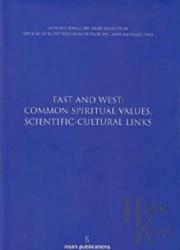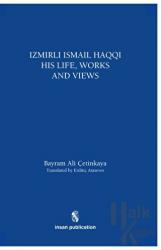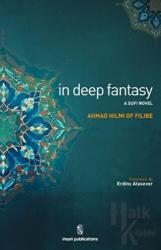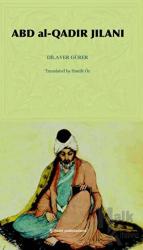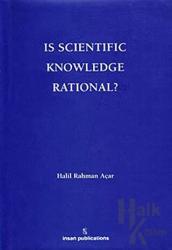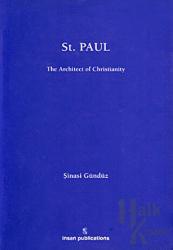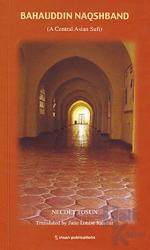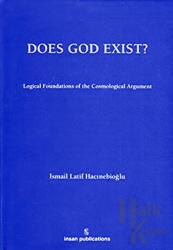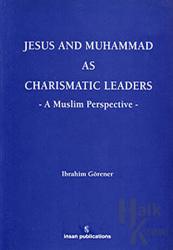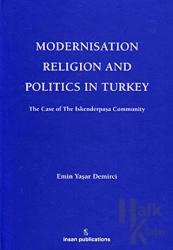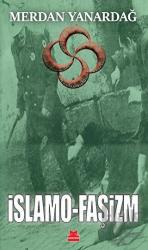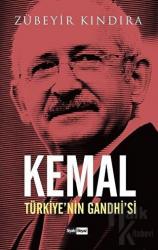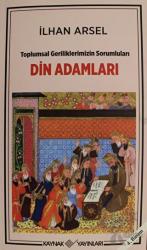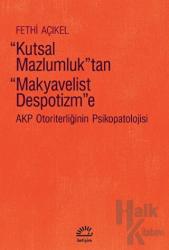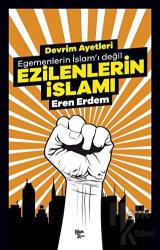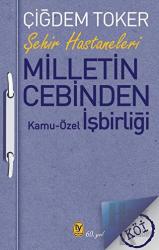Crisis İn The Built Environment (Second Edition) (Ciltli)The Case Of The Muslim City
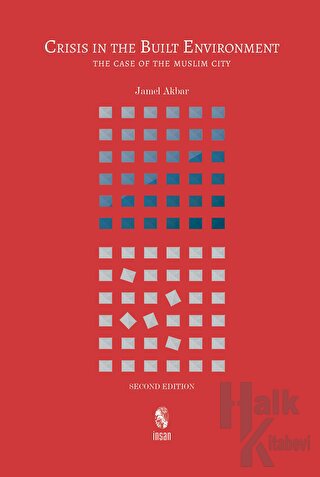
Is it not time to search for paradigms beyond
capitalism and socialism?
The book argues that interactions between the claims of “ownership”, “control” and “use” can elucidate crisis in our environments through measuring responsibilities. Levels of responsibility created by propeties’ and individuals’ rights developed by societal systems, shape our attitudes and actions in most realms of urban life such as utilization, maintenance, investments, etc. In this edition, further arguments were added such as the impossibility of achieving sustainability and justice within socialism or capitalism.
In a letter of recommendation to Jamel Akbar, John Habraken, former chairman of the Department of Architecture at MIT stated: “I do not believe in all my years of teaching to have met another student who matched the combination of research skills and the ability for theoretical constructs that he brought with him to MIT.”
Reviews of the first edition
“Jamel Akbar has published an important contribution to the urban way of life in Muslim cities, as well as formulating and illustrating a research method for the study of architecture and urbanism in other societies and regions around the World.” Professor Roderich Lawrence,
Open House International
“This is an impressive work. Much has already been written about Islamic culture and urbanism but rarely has any study been as scholarly. …The significance of Akbar’s work lies in a vision of better awareness of the settlement process. In this sense, it is a major and definitive book.”
Professor David Cosling,
Rıba Journal
- Açıklama
Is it not time to search for paradigms beyond
capitalism and socialism?The book argues that interactions between the claims of “ownership”, “control” and “use” can elucidate crisis in our environments through measuring responsibilities. Levels of responsibility created by propeties’ and individuals’ rights developed by societal systems, shape our attitudes and actions in most realms of urban life such as utilization, maintenance, investments, etc. In this edition, further arguments were added such as the impossibility of achieving sustainability and justice within socialism or capitalism.
In a letter of recommendation to Jamel Akbar, John Habraken, former chairman of the Department of Architecture at MIT stated: “I do not believe in all my years of teaching to have met another student who matched the combination of research skills and the ability for theoretical constructs that he brought with him to MIT.”
Reviews of the first edition
“Jamel Akbar has published an important contribution to the urban way of life in Muslim cities, as well as formulating and illustrating a research method for the study of architecture and urbanism in other societies and regions around the World.” Professor Roderich Lawrence,
Open House International“This is an impressive work. Much has already been written about Islamic culture and urbanism but rarely has any study been as scholarly. …The significance of Akbar’s work lies in a vision of better awareness of the settlement process. In this sense, it is a major and definitive book.”
Professor David Cosling,
Rıba JournalFormat:Kitap
- Taksit Seçenekleri
- Axess KartlarTaksit SayısıTaksit tutarıGenel ToplamTek Çekim723,80723,802376,38752,753255,74767,236130,28781,70988,46796,18Finansbank KartlarıTaksit SayısıTaksit tutarıGenel ToplamTek Çekim723,80723,802376,38752,753255,74767,236130,28781,70988,46796,18Bonus KartlarTaksit SayısıTaksit tutarıGenel ToplamTek Çekim723,80723,802376,38752,753255,74767,236130,28781,70988,46796,18Paraf KartlarTaksit SayısıTaksit tutarıGenel ToplamTek Çekim723,80723,802376,38752,753255,74767,236130,28781,70988,46796,18Maximum KartlarTaksit SayısıTaksit tutarıGenel ToplamTek Çekim723,80723,802376,38752,753255,74767,236130,28781,70988,46796,18World KartlarTaksit SayısıTaksit tutarıGenel ToplamTek Çekim723,80723,802376,38752,753255,74767,236130,28781,70988,46796,18Diğer KartlarTaksit SayısıTaksit tutarıGenel ToplamTek Çekim723,80723,802--3--6--9--
- Yorumlar
- Yorum yazBu kitabı henüz kimse eleştirmemiş.
- Yayınevinin Diğer Kitapları



